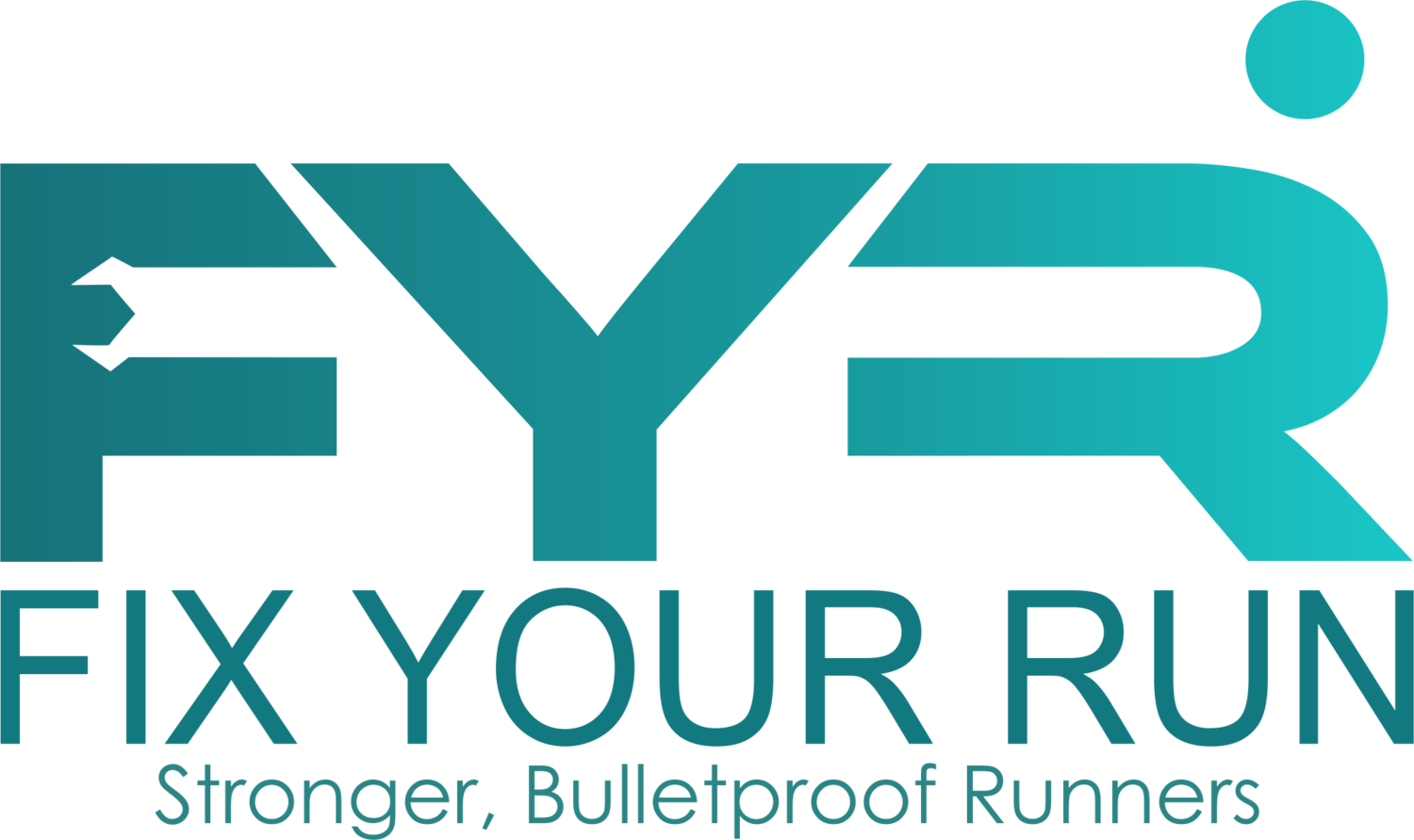Should I Train By Pace? Heart Rate? Power? Perceived Effort/Feel?
Oh, great question, thanks for asking!
It's a great question because I rarely get asked this. Seems like most runners default to training by pace. It's easy to understand, and, thanks to GPS watches, easy to measure. Some ask about heart rate and only a few about power.
All of these can potentially be useful at times and easy to learn to use, but none are as accurate and versatile as listening closely to your body's cues and monitoring your perception of effort.
Training by perceived effort (from here on called feel because it's only four letters) will very rarely let you down, but it is a skill which takes time and practice to develop. Let me be clear: this is possibly the most important skill you will ever develop as a runner.
Consider the following scenario:
You're tired from a bunch of life commitments, it's unseasonably warm and windy on an early spring day, and you're diligently training for Boston so you head out for the planned hilly 5 mile threshold run. Based on recent race results, your 'threshold pace' is about 7:10 per mile. Do you:
Shoot for 7:10s?
What about the stress you're bringing to the session?
What about the heat to which you're most definitely NOT acclimated?
Will you run the same pace uphill and downhill or try to average it out to hit the 7:10 target pace?
How about the wind? How will you account for that? Push harder into the wind? Relax with the tailwind?
Hmm, ok, maybe 7:20s since you're taking all of those factors into account?
With all of that going on, is it even possible for this session to end successfully??
Or...
Understand that “threshold” is an effort level. It's about the effort you'd feel if you had to run a race that lasts between 60 and 90 minutes. Ok, cool, so maybe just sense into that effort level, and hold it for 5 miles. Let the pace be what it will be. Let the heart rate be what it will be. Let the expectations go and just nail that effort.
"Nail the effort, nail the workout."
Despite programming my clients' sessions in terms of feel (e.g. run 5x 5 min @ today's perceived 1 hr race effort), the habit of training by pace is so ingrained that if a workout doesn't meet pace expectations, then it is often judged a 'bad' or failed workout. I gently remind them that nowhere on their schedule did it say to run x:xx pace. If you nailed the prescribed effort, you nailed the workout - regardless of pace. Your body got the training stimulus we needed. That was the goal.
On the other hand, in our striving culture, many of us set out to beat the planned workout paces. We tend to consider a session to be a success if we 'beat' the prescribed pace. But is this true?
I mean, hell yeah, if there's a medal given out at the end of the workout for the runner who races the workout! Shout out to all the workout heroes out there (obviously very kidding).
Running by feel will lead you to have success and build training momentum because you'll be less likely to force things when conditions are less than ideal and less likely to overcook workouts.
I hate to state the obvious, but, um, we're not machines. Running by feel takes into account your internal and external conditions in real time, allows you to continuously make subtle adjustments, and nail the correct effort. When you're running uphill, your pace will slow (and you'll be at peace with this). When running into the wind, your pace will slow (permission to still curse out loud).
If you think about it, running by pace is stressful and constraining. If you don't hit the pace - too fast or too slow - it's a miss. Running by feel allows you the freedom to run faster on days when you feel amazing, and slower on days when you don't.
We run for fun, right? Even if your livelihood depends on your running performance, you still need to enjoy it or you're not gonna reach your potential. So, consider training by feel. I think you'll find you get even more enjoyment out of this incredible sport.
What's been your experience? Have you trained by pace? Heart rate? Power? Feel? What's worked the best for you?
There are great resources out there if you're interested in further reading. My favorite is RUN: the Mind-Body Method of Running by Feel by Matt Fitzgerald
